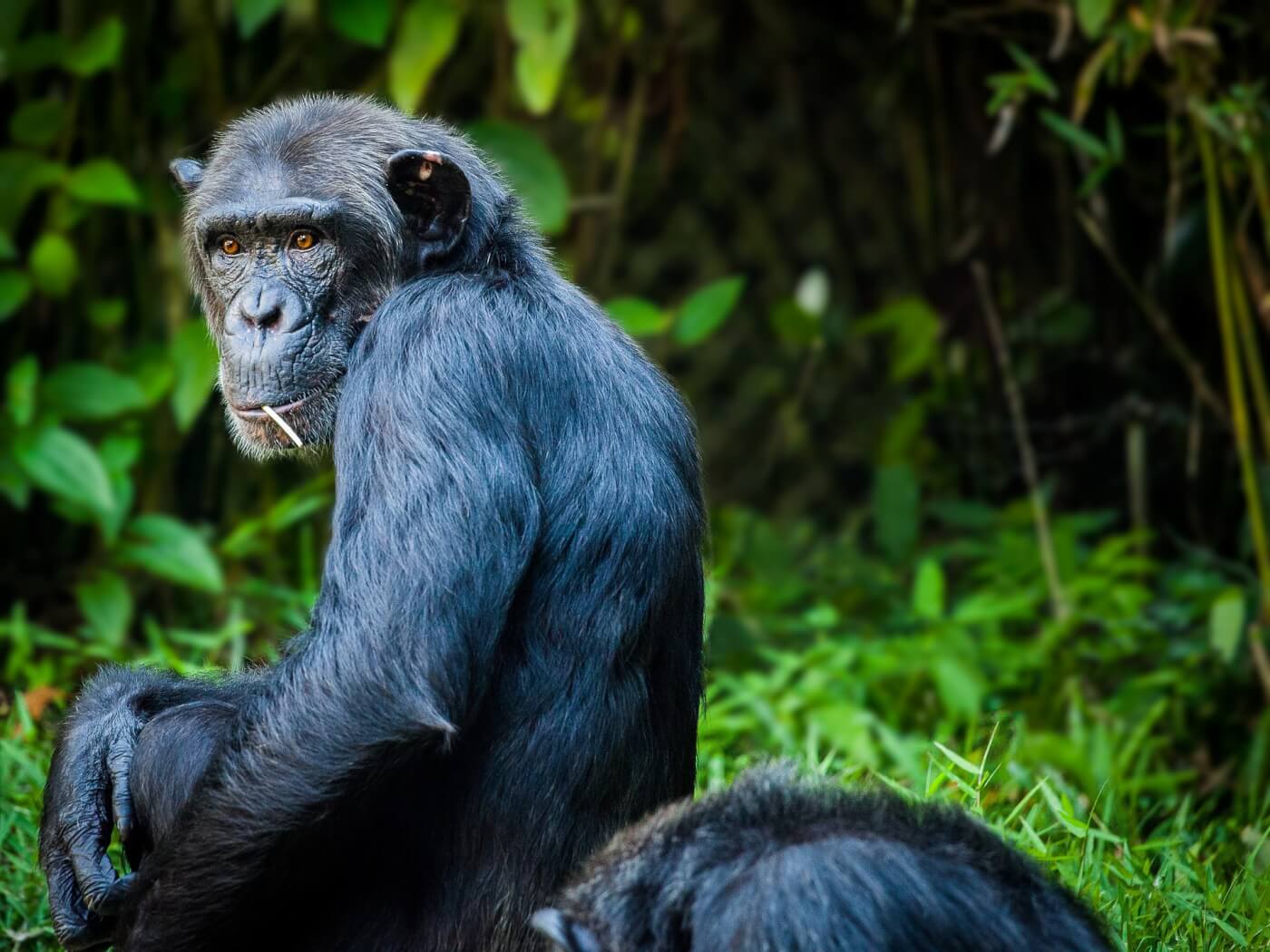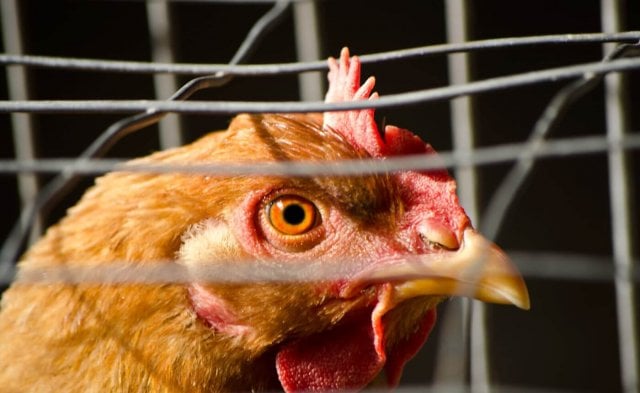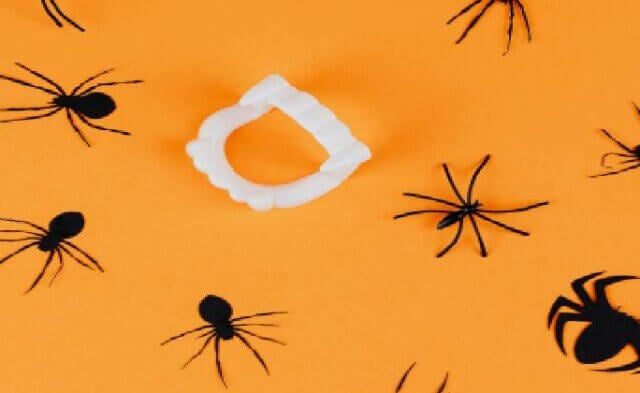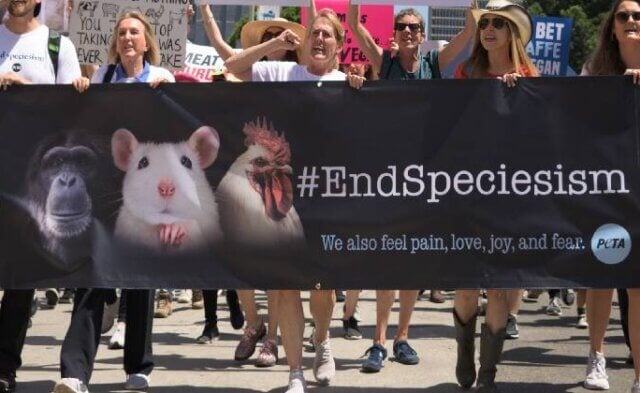Please enjoy this article from the latest issue of our magazine, PETA Global. To begin your subscription, become a PETA member today!
“I feel like a guinea pig!”
It’s not just a figure of speech for actual guinea pigs and other animals confined to barren metal cages in laboratories–and put through painful and terrifying experiments in which they’re mutilated, infected with pathogens, and exposed to toxins.
PETA has already knocked out scores of animal experiments and is hell-bent on stopping them all sooner or later. It has conducted more than 20 groundbreaking eyewitness laboratory investigations and is the only organization that has shut down entire testing facilities–getting the animals seized and placed in loving homes.
Scientists with the PETA International Science Consortium are working day and night to replace animal tests with cell-based methods in areas like antitoxin production, eye irritation testing, and inhalation toxicity testing, and they’re helping to end cosmetics tests on animals all over the world. The Dutch government is planning to stop all tests on animals by 2025 and has asked PETA’s experts to help guide the way.
With the support of members of the US Congress, PETA compelled the US military to reduce animal use by 95% and persuaded the US Coast Guard to halt horrific trauma training exercises in which animals were shot and mutilated. Thanks to PETA campaigns, NASA no longer straps monkeys into restraint devices for space studies, the National Institutes of Health no longer terrorizes baby monkeys in maternal deprivation experiments, and the US government has stopped funding experiments on chimpanzees.
PETA and its affiliates are knocking out animal experiments fast and furiously. Doing so is a monumental task, but science and ethics are on the side of animals. Please spread the word: Animal studies fail to lead to treatments for humans more than 90% of the time, and an astounding 95% of new drugs that test safe and effective in animals fail in human trials.
The bottom line is that all animals, no matter how seemingly useful to us or different from us, have a right not to be treated “like a guinea pig.”






